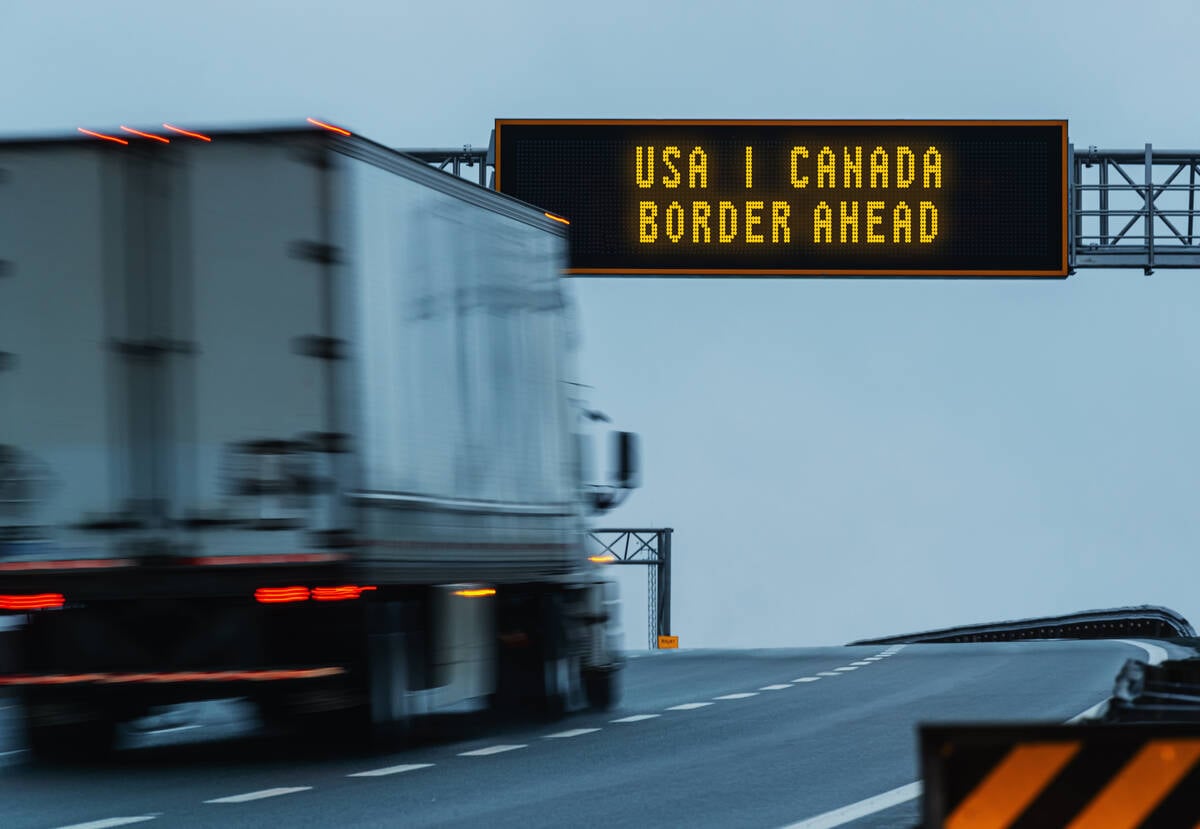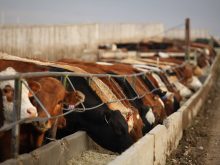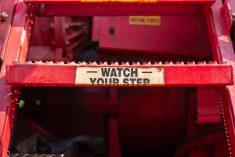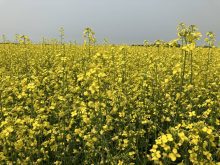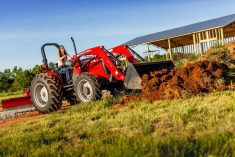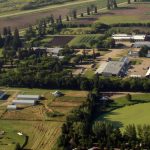In the fairy tale of food, Aladdin rubs his magic lantern and a banquet appears afore him. Well, folks, that is not how it works, for in the 21st century version of the venerable Arab tale of wishing for plenty, the path from wish to dinner is strewn with tariffs — and the genies, formerly farmers who produced the banquet, can’t be blamed for not being able to understand what and how much food is needed, nor what equipment they’ll need to get it there.
Whether the decision is to invest in new equipment or repair aging gear, what to plant, to lease more land or put yours out to lease these days comes down to the mercurial temper of the incumbent in the White House. Planting, investing, harvesting or just giving up has a political dimension often outweighing the traditional economics of farming.
Read Also

Farm equipment market unlikely to pick up
North America’s farm machinery sales have been slow and uncertain thanks to tariffs and trade disruption. There’s not a lot of hope for change in 2026.
The on-again, off-again tariff war has left Canada facing a 25 per cent tariff on food shipped to the U.S. and a similar Canadian levy on U.S. goods shipped to Canada. Actual rates are based on components and previously tariffed content. Mexico has the same tariff, while other nations in the same vise, such as China, face exceptionally high tariffs in a range of 30 to 145 per cent of the landed cost in the U.S. Consumers in Canada, the U.S. and much of Europe face these high-though-volatile tariffs, reduced nominal and real income to spend, higher costs for food and other retail products, and a need to reshape plans for current spending — and for saving for future spending, including educating children and retirement.
A rational family sitting down for a budget discussion should raise savings, reduce the risk those savings face when invested, and make a point to keep up with every twist and turn of emerging U.S. tariff and tax policy.
Here is what we know: the labour force — especially casual labour available at harvest — will shrink and need to be paid more. If the U.S. deports more agricultural workers, shrinking the workforce, there will ultimately be fewer people to pay tariffs and some incentive to reduce them. This is merely rational, but the drivers of Trump’s policies, especially tariff policies, are substantially reactive. If he dislikes a country or its leaders, tariffs against its products may rise. If he feels kindly toward a country — say, Russia or North Korea — tariffs on its products will be low. As it happens, Russia sells little in the U.S. and North Korea almost nothing, so the U.S. is not hitting them with new duties.
However, President Trump has a lot of ammo for tough tariffs. The Emergency Economic Powers Act of 1977 allows the president to declare an emergency for any extraordinary threat and section 232 of the U.S. Trade Expansion Act enables the president to set tariffs on the basis of national security, as Al Mussel, Douglas Henly and Ted Bilyea noted in a report from Agri-Food Economic Systems.
“National security” is a wide term that has previously been used by U.S. industries to infamously urge restrictions on such items as interstate shipments of yak fat within the U.S. Yak is not a commercial food source as far as can be determined, though yaks, originally from Asian mountain steppes, are hardy cold-weather survivors. We know of no U.S. yak fat tariffs yet, but for a nation that famously imposed duties on islands east of Australia with zero people but many penguins, well, stand by.
Where industrial and agricultural interests mingle, U.S. tariff policy becomes downright exotic. Biodiesel is an industrial input, a commodity obtainable from primary agricultural sources and other sources such as frying fat from hamburger joints. As of 2018, US$75 million of used fryer oil was stolen in New York alone. This goop can be distilled into fuels. If the tariffed price of canola, for example, goes too high, fuel producers and even commercial food processors could turn to rehabilitated fryer fat. Whether a 25 per cent tax on fresh food oils imported into the U.S. from Canada would be enough to restart the used fryer oil crime spree remains to be determined. Tariffs will now determine whether one person’s meat is another’s dinner or just last meal’s waste.
Agrifood is too big a market to be ignored by U.S. tariffmongers, too diverse, too subject to substitution, dilution of sauces and more efficient ways of making cookies and other products. The same kind of consumer rejection has driven Canadian booze buyers to reject Kentucky bourbon.
We are seeing these pressures on food production in reported declines of combine sales, higher unsold equipment inventories, and even swaps of goods for foods — a way to do business relatively informally in small lots.
In the circumstance of trade policy churning with what we may call non-financial incentives — that is, who the U.S. president dislikes on a given day — the rational move is for farmers to save more, spend less on equipment and diversify investments to avoid being devastated by focused U.S. tariffs.
What that focus will be is not a financial question itself, but precautionary investing tells a story. The U.S. bond market is witnessing a selloff as investors move away from federal bonds, which they and rating agencies such as S&P fear will have less cash flow for redemption. Falling bond prices imply higher interest rates as fear of default replaces meditation on the business cycle. That we can bring yaks and stolen fryer oil into a discussion of U.S. and Canadian trade policy is a consequence of U.S. policy of seeking financial regeneration as tariffs on commodities and other goods replace taxes that are being reduced to favour certain large U.S. taxpayers.
All this will be tales for grandchildren one day as Trump’s policy follies fall on yaks, penguins, bewildered businesspersons and Canadian farmers who would like to sell some grain to the United States.

